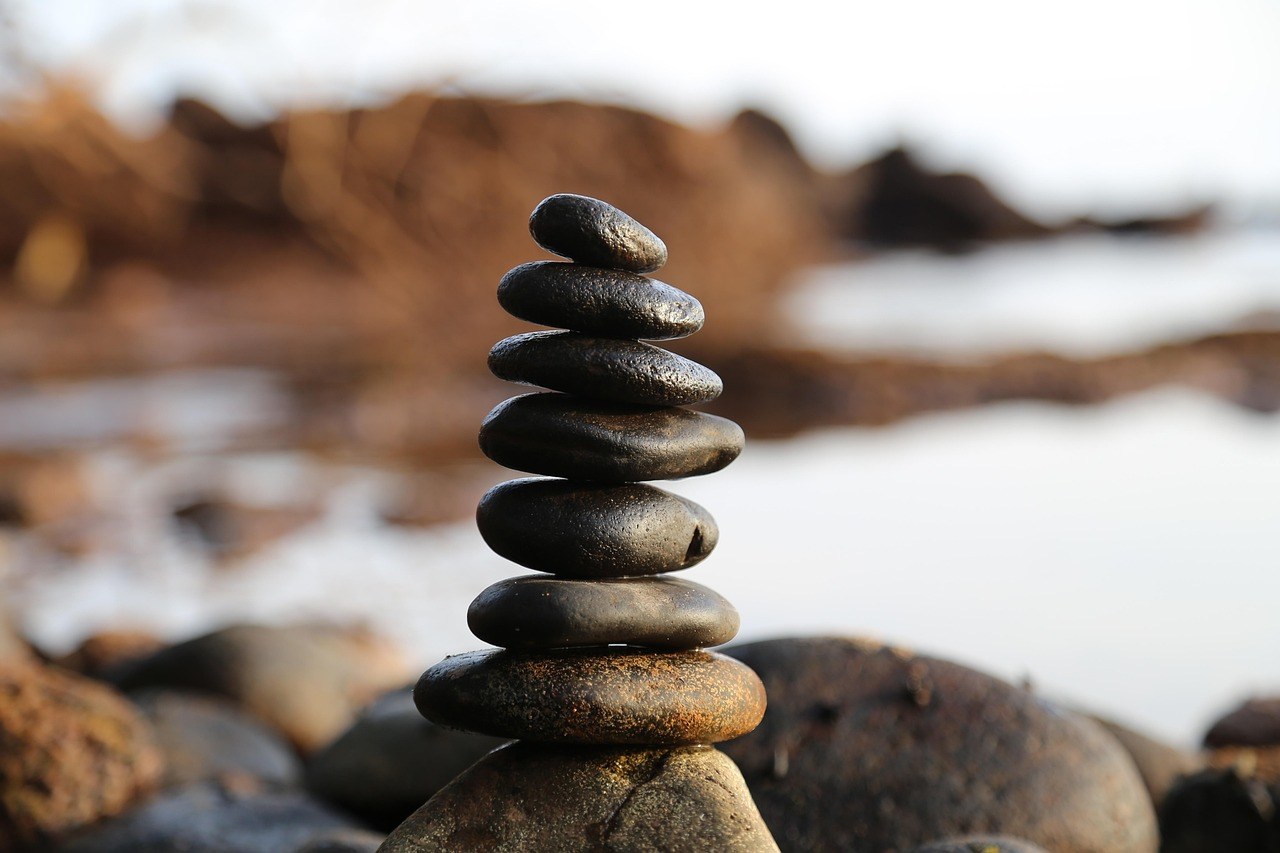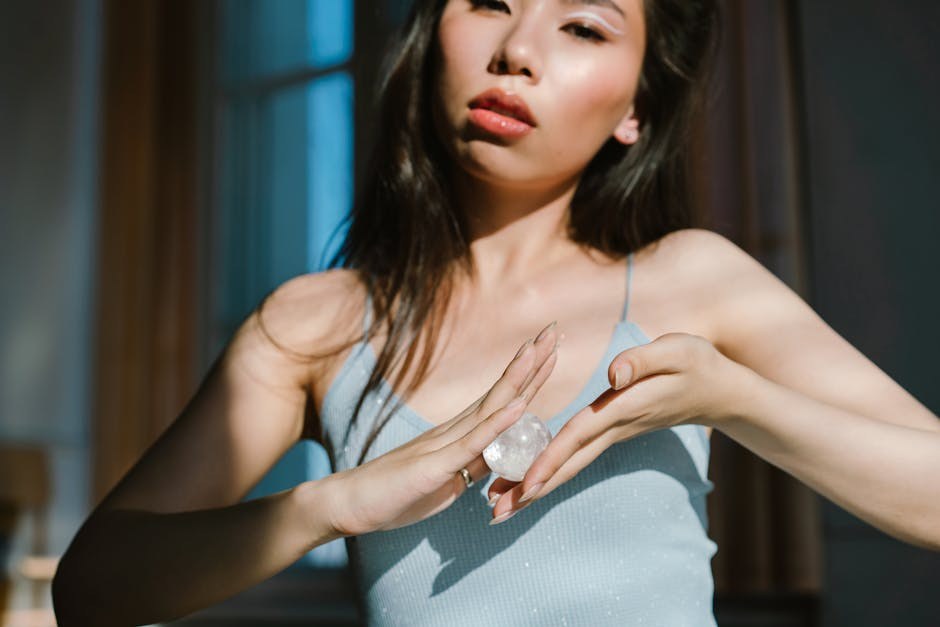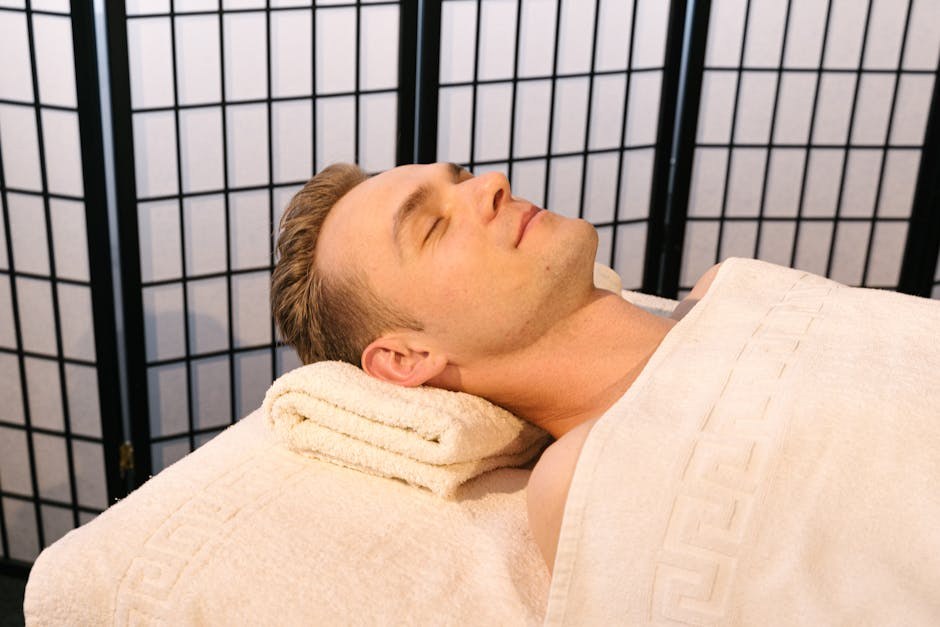You crack open your eyes, reach for your phone, and there it is – a thread of messages that make you wince. The night before felt funny, brave, or heartbreakingly honest; the morning after feels like a foggy autopsy of choices you barely remember. If this ritual is familiar, you’re not alone. Drunk texting thrives in the gap between impulse and judgment, and modern phones make that gap effortless to cross. This guide re-frames what’s happening in your head, why the allure is so strong, and how to create simple guardrails so drunk texting doesn’t keep writing your late-night story for you.
The mental mechanics behind late-night messages
Alcohol doesn’t invent totally new desires – it loosens the locks on desires that already exist. When you’re sober, internal brakes help you weigh consequences, choose tone, and decide whether a message is wise. After a few rounds, those brakes fade. The part of you that usually says “wait” gets quieter, and the part that says “why not” takes the wheel. That shift doesn’t just make you chatty; it changes how you interpret risk, how much you care about tomorrow, and whether you notice the other person’s likely reaction.
That’s why drunk texting often looks different from daytime conversation. Jokes are broader, confessions spill out, and boundaries blur – not because you’re a different person, but because judgment is dimmed. Confidence may inflate, caution may deflate, and your sense of what is appropriate can tilt in whichever direction your current mood points.

Importantly, drunk texting isn’t only about courage. It can also be about distraction, loneliness, the thrill of mischief, or the urge to control uncertainty. Understanding which motive is leading you on a given night helps you choose the right counter-move.
Why we end up drunk texting
There isn’t a single script. Drunk texting wears many masks – some playful, some tender, some reckless. Here are common patterns that draw people toward the send button when drinks are involved.
Entertainment in the moment. A tipsy group chat can feel like a stage – you toss in a one-liner or a dramatic text because the table laughs and the buzz encourages more. On sober review, the bit rarely lands the same way, but in the moment it feels like shared comedy gold. Drunk texting thrives when the audience is close and the feedback is instant.

Seeking connection of the physical kind. Hookup culture and alcohol are frequent companions. If desire is simmering, drunk texting offers a shortcut: remove hesitation, add boldness, and make a late-night proposal. Sometimes both parties understand the subtext; other times the mismatch between intention and reception creates morning-after awkwardness.
Borrowed courage. Lowered inhibitions can masquerade as confidence. With the guardrails down, the message you’ve drafted and deleted for months suddenly seems easy to send. Drunk texting can feel like truth-telling – but timing and tone are rarely on your side when you outsource courage to cocktails.
Recklessness dressed as romance. The same loosened filter that lets you say a sweet confession can also push you into unwise territory – apologizing to someone who harmed you, reopening a breakup that needed closure, or stirring drama because it feels exciting. Drunk texting often confuses intensity with clarity.

Do those late-night messages “really mean” anything?
You’ve heard the line: “drunk words are sober thoughts.” Sometimes – but not always. Think of it this way: drunk texting can spotlight feelings you already have, yet it also blurs your ability to express them kindly, choose the right audience, or hold back until a better moment. If your message echoes a pattern you’ve shown in daylight – care, longing, curiosity – it probably reflects a real thread of emotion. If it came out of nowhere, contradicts your daytime values, or looks more like performance for the people around you, it likely belongs to the fog of the evening rather than the reality of the relationship.
When you receive someone else’s drunk texting, context matters. Is this consistent with their behavior when sober? Have they talked about these feelings before? If the message appears detached from any previous signal, treat it as noise rather than a reliable confession. If it matches what you’ve already seen in clear daylight, there may be truth inside the mess – but it still deserves a sober follow-up, not an immediate escalation.
Practical ways to stop drunk texting before it starts
The most reliable cure is prevention – not because you need to be perfect, but because a few protective choices can keep your night from derailing. These strategies are simple by design: easy to remember, easy to apply, and forgiving if you slip. Use one or combine several for a stronger shield against drunk texting.
Appoint a conscience in advance. Choose a friend whose loyalty looks like honesty. Tell them before you head out that their job is to be your speed bump – to nudge your phone away, to question a draft, to say “not tonight.” Giving someone explicit permission turns friendly advice into a plan you’re more likely to respect when the music gets loud and drunk texting tempts you.
Block the usual triggers. If one person’s name sets off a spiral, silence or block them for the night. This is less about punishment and more about protecting your peace. When the person who provokes your anxiety or irritation can’t get through, you aren’t baited into reactive drunk texting that you’ll have to untangle tomorrow.
Travel lighter – leave the phone behind. It feels extreme, yet it’s effective. Heading to a familiar spot with trusted friends? Consider taking an old backup phone with no social apps, or leaving your main phone at home for an hour or two. Removing the tool removes the temptation. If that’s too much, tuck it in a zipped bag and make it inconvenient to access. Friction is your friend when drunk texting relies on convenience.
Pre-write a calm response. Draft a neutral message during the day – something like “I’ll reply tomorrow, hope you’re well.” Keep it in your notes. If emotions surge, paste the calm text and step away. This turns drunk texting into a single, measured action rather than a freestyle monologue you can’t take back.
Create a one-way gate on their device. If you’ll be around someone you might message impulsively, ask – with mutual respect – to block your number on their phone before the evening starts. It’s a playful pact that spares you both the fallout of drunk texting without turning the night into a trust exercise you’re likely to fail.
Scramble your settings. Switch your phone’s language or keyboard to something you don’t read easily. It sounds silly, and that’s the point – the extra confusion buys time. When the text box looks unfamiliar, you’re more likely to pause, which is exactly what drunk texting can’t survive.
Avoid drinking through conflict. If you’re already upset, alcohol magnifies the loudest feelings and mutes your best judgment. Re-route the urge: go for a walk, write a note to read tomorrow, or request a face-to-face conversation when you’re steady. Drunk texting thrives on unresolved tension; cooling the moment protects both parties.
Hide the pathways. Move tempting contacts into a folder with a bland name, delete quick-access threads, or change display names to something that breaks the spell – “Not Tonight” works wonders. Make it take effort to find the person, and you’ll often decide the message isn’t worth the chase. Drunk texting fades when the shortcut is gone.
Read it out loud – then ask for a vote. Before you send anything weighty, say it to a friend. If it sounds harsh, clingy, or chaotic when spoken, it will read worse on screen. Invite a quick thumbs-up or thumbs-down. Let the room be your editor; drunk texting loses power when it has to pass even a casual review.
Extra guardrails that reinforce your plan
Sometimes the best defense is to stack small safeguards. These additions complement the earlier list and make drunk texting less likely to sneak through.
Delay delivery with simple friction. Put your phone on airplane mode for stretches of the night and set a reminder to turn it back on when you’re home. Even a short delay breaks the spell of drunk texting by forcing a sober re-check.
Use notes as a holding tank. If you must express something, write it in a notes app labeled “Open Tomorrow.” Most messages shrink overnight. The act of writing calms the impulse; the lack of a send button protects your relationships.
Agree on a code with friends. Create a phrase that means “take my phone.” When you say it, they don’t ask questions – they simply pocket the device for ten minutes. The ritual is lighthearted, but it disarms drunk texting at the moment of highest risk.
When self-control around alcohol needs attention
If the cycle keeps repeating – if every week ends in apologies and cleanup – the problem might be bigger than texts. You’re not broken, and you’re not alone, but your plan should include how you drink, not just how you message. These gentle adjustments can make nights more predictable and keep drunk texting in the past.
Scale back with intention. Take inventory of what you drink and how quickly. Swap strong cocktails for options you can sip more slowly, or space drinks with water. The goal is steadiness – fewer spikes in impulse that make drunk texting more likely.
Never drink on an empty stomach. Food slows everything down and gives your better judgment a fighting chance. A real meal before going out – and snacks along the way – helps you stay present enough to keep drunk texting off the table.
Curate your company. Good friends respect limits. If your usual circle pushes you past what’s comfortable, widen the circle. The people around you can either amplify drunk texting or help you retire it; choose the ones who root for tomorrow’s you.
Reclaim weekends with richer routines. If nights out have become the default hobby, add alternatives that fulfill you – a book you actually want to finish, a creative project, a regular hike. When your time has texture, drunk texting no longer feels like the most interesting plot twist.
Ask for support when you need it. If cutting back feels hard, talk to someone you trust – a counselor, a therapist, a peer group. Reaching out isn’t a failure; it’s a smart investment in fewer regrets, fewer repairs, and far less drunk texting.
How to handle the aftermath without making it worse
Even with the best plans, slipups happen. Recovery is about clarity, not self-punishment. Here’s a simple approach for cleaning up after drunk texting.
Own the action. A straightforward message the next day – “I texted after drinking; I’m sorry for putting you in that position” – respects the other person and resets the tone. Avoid justifications. Accountability shortens the story.
Name next steps. If the message opened an old wound, say how you’ll prevent repeats – “I’m putting my phone away when I go out” or “I’ll talk when I’m clearheaded.” You’re not promising perfection; you’re demonstrating a plan to keep drunk texting from becoming a pattern.
Leave space. The recipient might need time. Resist the urge to send a follow-up spiral. Let the relationship breathe so your actions can speak louder than more words.
Rewriting the script for nights out
Picture a night where you still laugh, still dance, still share moments – but wake up without dread. That reality doesn’t require rigid rules; it asks for small, caring choices repeated until they feel natural. Set a friend as your guardrail. Quiet the number that rattles your nerves. Put a calm message in your pocket for when emotions swell. If you do reach for your phone, channel it into a note you’ll read tomorrow. Each step chips away at the hold drunk texting has on your evenings.
Most importantly, give yourself grace. The goal isn’t to become a flawless communicator; it’s to protect your relationships, your self-respect, and your peace. Make it a little harder to act on the 2 a.m. impulse, and you’ll be amazed how often the morning version of you is grateful. When you treat your future self like a friend – the kind who needs fewer messes to mop up – drunk texting loses its scriptwriter’s credit in your life.